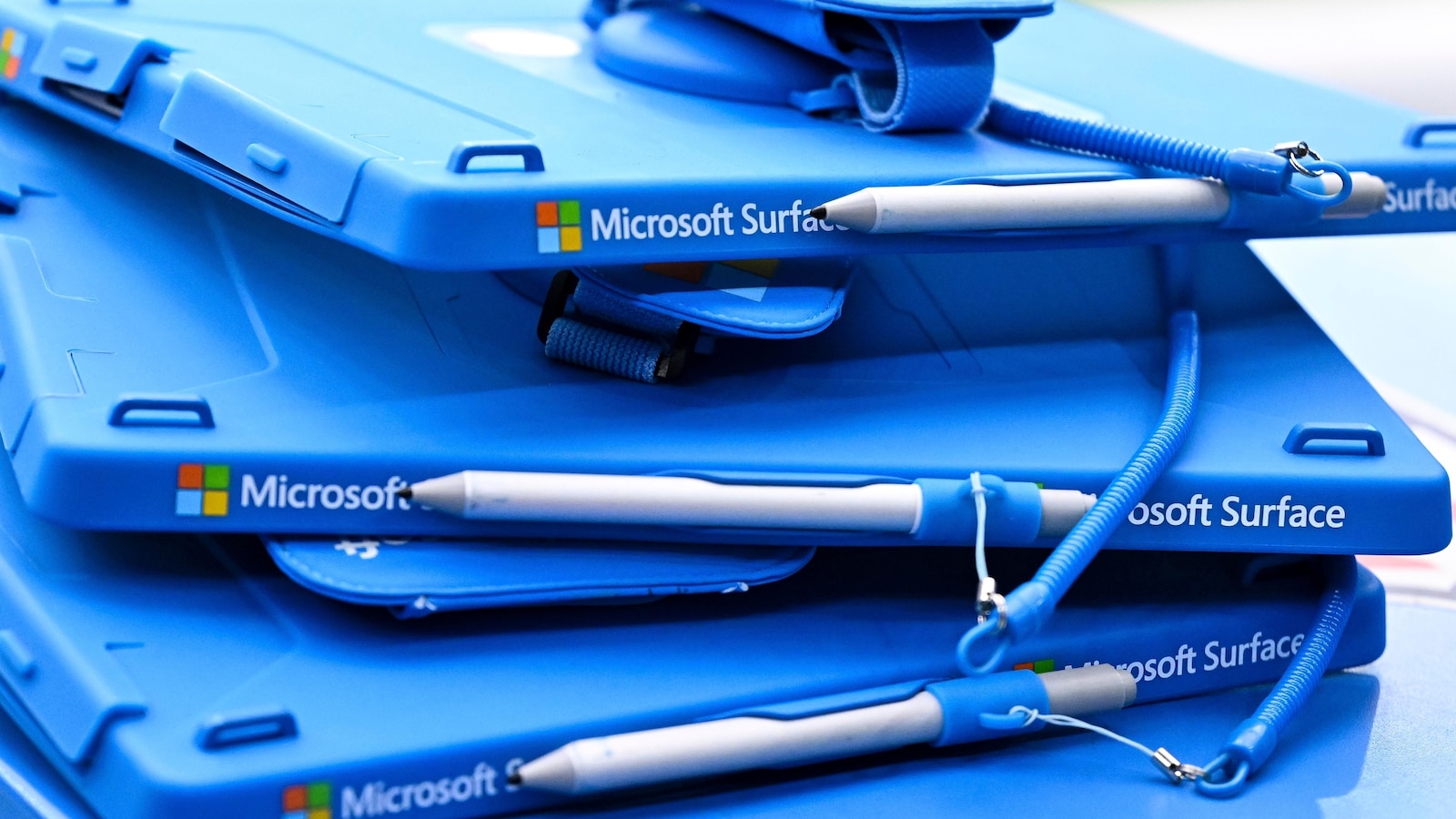With billions allocated to expanding its global network of data centers and physical infrastructure necessary for developing AI technologies, Microsoft has positioned itself as a leader in AI-related products. According to CEO Satya Nadella, AI-related offerings are on track to contribute approximately $10 billion to the company’s annual revenue, marking the fastest-growing segment in the company’s history.
Strong Quarterly Performance Outperforms Expectations
Microsoft reported a quarterly profit increase of 11%, totaling $24.7 billion, or $3.30 per share, surpassing Wall Street expectations. Analysts surveyed by FactSet had anticipated revenues of $64.6 billion with earnings of $3.10 per share. While Microsoft has not yet formally reported specific revenue figures from its AI products, it indicates that AI technology has been integrated across all business sectors, particularly within its Azure cloud computing contracts and its AI assistant known as Copilot.
The productivity segment, which includes the popular Office suite of workplace products, led sales for the quarter, growing by 12% to $28.3 billion. Microsoft’s cloud-centric business division also performed robustly, with revenues rising 20% year-over-year to $24.1 billion for the three months ending September 30.
Growth in Personal Computing and Gaming
Microsoft’s personal computing division, which includes its Windows operating system, reported a 17% increase to $13.2 billion, largely driven by the Xbox gaming business. This surge follows Microsoft’s acquisition of gaming giant Activision Blizzard last year, significantly boosting its gaming portfolio.
As part of its strategy to enhance consumer and workplace productivity through generative AI technology, Microsoft and its computer manufacturing partners have launched a new range of AI-embedded laptops. However, the company faces increasing competition from other big tech firms in the generative AI space.
Significant AI Spending and Strategic Investments
Developing and operating AI systems is a costly endeavor, and Microsoft reported spending $20 billion during the quarter, primarily focused on its cloud computing and AI initiatives. This investment includes building energy-consuming data centers and supplying specialized chips for training and running AI models.
In addition to its internal investments, Microsoft has also poured billions into AI startups, particularly its partnership with OpenAI, the creator of ChatGPT, which serves as the foundation for Microsoft’s Copilot.
Nadella emphasized the need for companies to adopt AI platforms within their workplaces, as these tools are revolutionizing job functions and workflows. Ahead of Microsoft’s upcoming annual shareholder meeting in December, Nadella’s compensation for this year was raised by 63% to $79 million, reflecting his leadership during a transformative period for the company. He has also offered to reduce his cash incentives to demonstrate personal accountability in addressing cybersecurity threats following a critical federal review board report that highlighted security lapses leading to breaches by Chinese state-sponsored hackers into the email accounts of senior U.S. officials.

